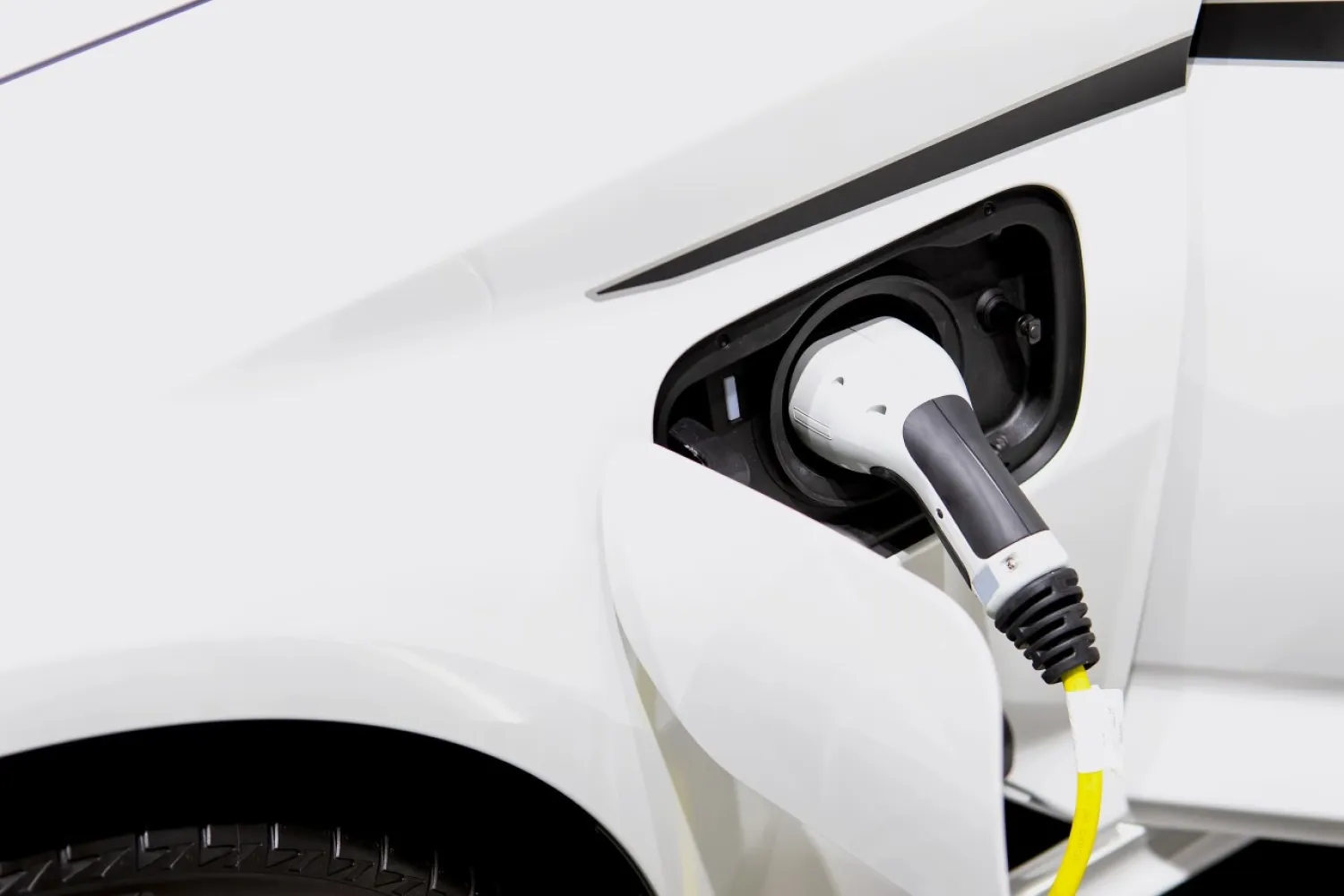Lucid Group signed an agreement with the Saudi Ministry of Investment, the Industrial Development Fund, and the Economic City at King Abdullah Economic City to construct a plant in the Kingdom that will produce 150,000 electric vehicles (EVs) per year.
The Public Investment Fund holds a significant stake of 62 percent of Lucid, in a step that reflects a strategy to select future investment opportunities that provide growth in returns.
The agreement lays the groundwork for a complete production factory in Saudi Arabia and is expected to accelerate the Kingdom's strategic goal to transform and diversify its economy through sustainable energy and transportation.
Lucid estimates that the location of its first international manufacturing plant in the Kingdom may result in up to $3.4 billion of value to Lucid over 15 years.
The 25-year-contract will enable Lucid to address the growing demand for its products.
CEO Peter Rawlinson announced that Lucid aspires to be a catalyst for change, so it makes perfect sense to bring electric vehicles to one of the world's biggest oil-producing nations.
"Establishing a global manufacturing footprint is a practical, natural step and enables us to grow our brand, scale our business, and address worldwide and untapped market demand on an entirely new level, while also taking action to address climate change through inspiring sustainable transportation," he said.
Rawlinson noted that Lucid's strong relationships with PIF and its partners at MISA, KAEC, and SIDF also give "us unique insight into the demand for luxury cars and SUVs in Saudi Arabia and beyond, and we are thrilled to introduce the world's most advanced electric vehicles to more global markets."
Lucid also expects to benefit from the availability of competitively-priced commodities and energy and a newly emerging domestic supply chain, and a factory location that facilitates global logistics.
Lucid reviewed multiple opportunities before selecting KAEC in Saudi Arabia as the optimal location and option for its first international manufacturing facility.
The new manufacturing hub will be wholly owned by Lucid and enable the company to meet the growing international demand for luxury electric vehicles.
Lucid signed a contract with Emaar Economic City to rent land for its first facility to produce electric vehicles in the Kingdom.
The company sealed a $30 million deal to lease an industrial plot in King Abdullah Economic City Industrial Valley.
The financial impact from the project will roll out on the company's financial statements during the contract duration that will run from 2022 until 2047.
The step comes as Lucid aims "to construct and operate automotive manufacturing and assembly facility together with all ancillary services," Emaar Economic City said in a statement to the Saudi bourse.
Saudi Arabia wants to attract significant foreign factories and companies due to the local market's size, positively reflecting on the national economy.
The Kingdom provided all facilities for foreign investments by amending legislation and regulations, which will attract international companies and factories to the national market.









